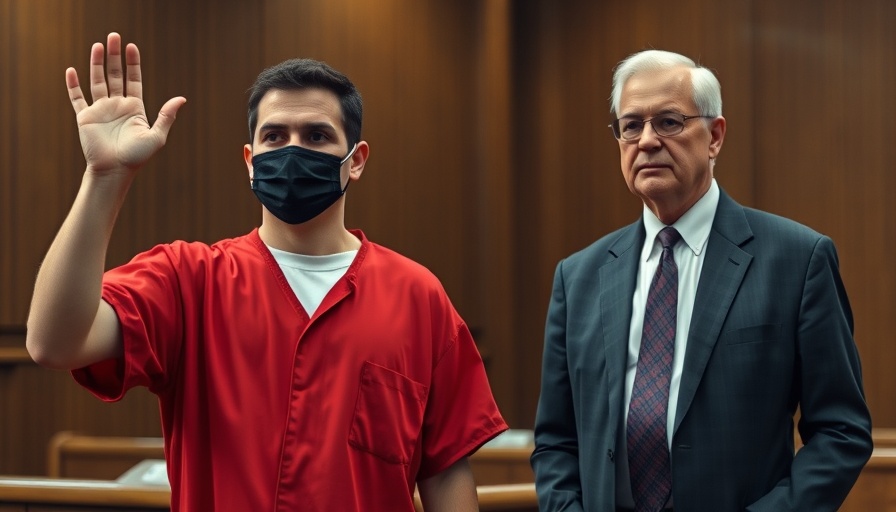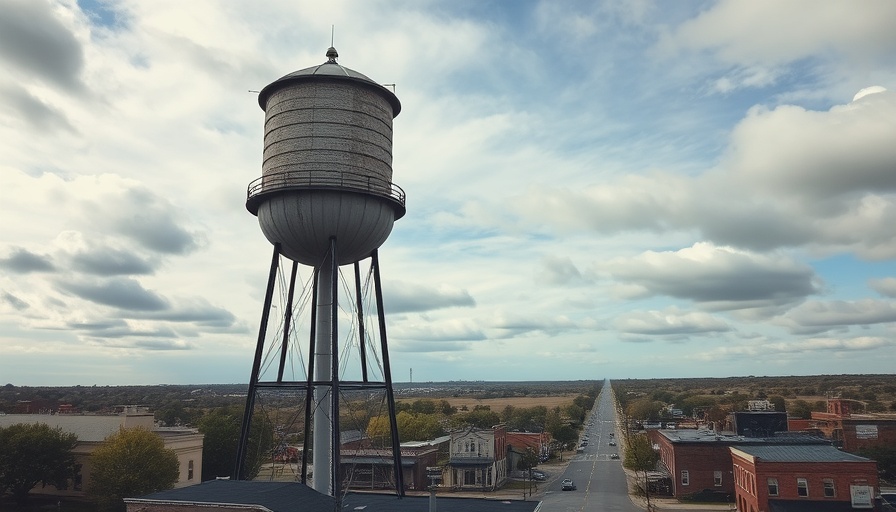
The Trial of the Alleged Mastermind Behind Young Dolph's Murder
The Memphis community is on high alert as the trial of the alleged mastermind behind the tragic murder of hip-hop artist Young Dolph is set to begin. The case has captured national attention, not just for the untimely death of the beloved artist, but also for its broader implications regarding violence in urban areas and the ongoing issues related to music culture and street life.
A Significant Moment for the Mid-South Community
Young Dolph, known for his contributions to the Southern rap scene, was murdered in November 2021, in a brazen attack that shocked fans and residents alike. His death sparked outrage and calls for justice within the Mid-South community, a region already grappling with challenges ranging from crime to poverty.
Social Connections: Understanding the Impact of Violence
The ramifications of Young Dolph's murder extend far beyond the individual tragedy. For homeowners and families, the violence in their neighborhoods often directs fear and concern towards safety and community integrity. The cultural landscape that birthed such talent can also harbor elements of danger that affect everyday life. As the trial unfolds, it serves as a poignant reminder of the need for community solidarity against violence.
Exploring Parallel Examples of Cultural Violence
This case is not isolated; similar incidents of violence involving artists have plagued the music industry, causing fans and community members to reflect on their environments' role in such tragedies. Examples of other artists who faced violence highlight a troubling pattern — from Tupac and Biggie to more recent figures. These incidents prompt discussions about how society can nurture talent while safeguarding it from violence.
Future Predictions: Trends in Crime and Community Responses
With the media's focus on the trial, we may witness heightened public interest in community safety initiatives. Local leaders may be prompted to amplify conversations around violence prevention, and more grassroots movements could emerge, emphasizing the power of community resilience. As the trial progresses, there may be a push for dialogues that foster greater understanding between law enforcement and residents, ultimately striving for a safer Mid-South.
Cultural Relevance: What This Means for Local Homeowners
For homeowners in the Mid-South, understanding the socio-cultural context behind such acts of violence is crucial. Recognizing how interconnected the community is with local artists and their impact can encourage residents to engage actively in their neighborhoods. Homeowners may feel compelled to advocate for safer environments, emphasizing their vital role in shaping the culture and making lasting change.
Concrete Steps for Action
Residents can take proactive measures to foster a safer community. Here are some actionable insights:
- Participate in community discussions about crime prevention.
- Attend local events supporting artists and cultural initiatives.
- Collaborate with neighborhood watch programs for enhanced safety.
- Educate oneself on local legislation and initiatives aimed at crime reduction.
Conclusion: Your Role in Community Change
The trial of the alleged mastermind in Young Dolph's murder is more than just a legal proceeding; it’s a pivotal moment for the Mid-South community. It pushes homeowners and residents alike to reflect on their roles in combating violence and supporting the artists who inspire them. By engaging with one another and promoting dialogue, homeowners can help foster a culture of safety and community healing.
Join fellow residents in taking steps to advocate for change, support local initiatives, and create a meaningful impact in your neighborhood.
 Add Row
Add Row  Add
Add 



Write A Comment